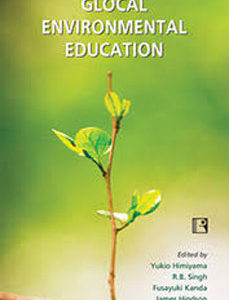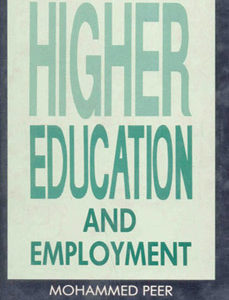GLOBALIZATION AND HUMANITY
₹595.00 Original price was: ₹595.00.₹476.00Current price is: ₹476.00.
25 in stock
Globalization is a word understood by many, in the Third World, as a kind of political strategy invented by some industrial nations to exploit the poor developing countries. Similarly, humanity, through the process of evolution, has grown from the condition of single families into tribes, then emerged into city-states and nations and now the world has reached the state of what is known as “global village” where all the nations and the peoples of the world have become highly interdependent.
This is a comprehensive review of literature, with the added advantage of the author’s sustained critical commentary on globalization. In several important respects, however, the book leads the reader well beyond a reiteration of current and past observations on this complex and often controversial subject.
The author insists that globalization, in itself, is neither a positive nor a negative trend. Rather, its ultimate effects on the well-being of people depend critically on several, still unresolved, factors. The author further points out, throughout the study, that to humanize globalization means to participate in the struggle for social justice. This is an ethical obligation that applies to both individuals and collectivities. Adding human dimension to the discourse of globalization, this book will be an invaluable resource for all teachers and students studying globalization and its effects.
| Author's Name | |
|---|---|
| Binding | |
| Release Year | |
| Language | |
| Publisher |
Related products
Education
Education
Education
Education











